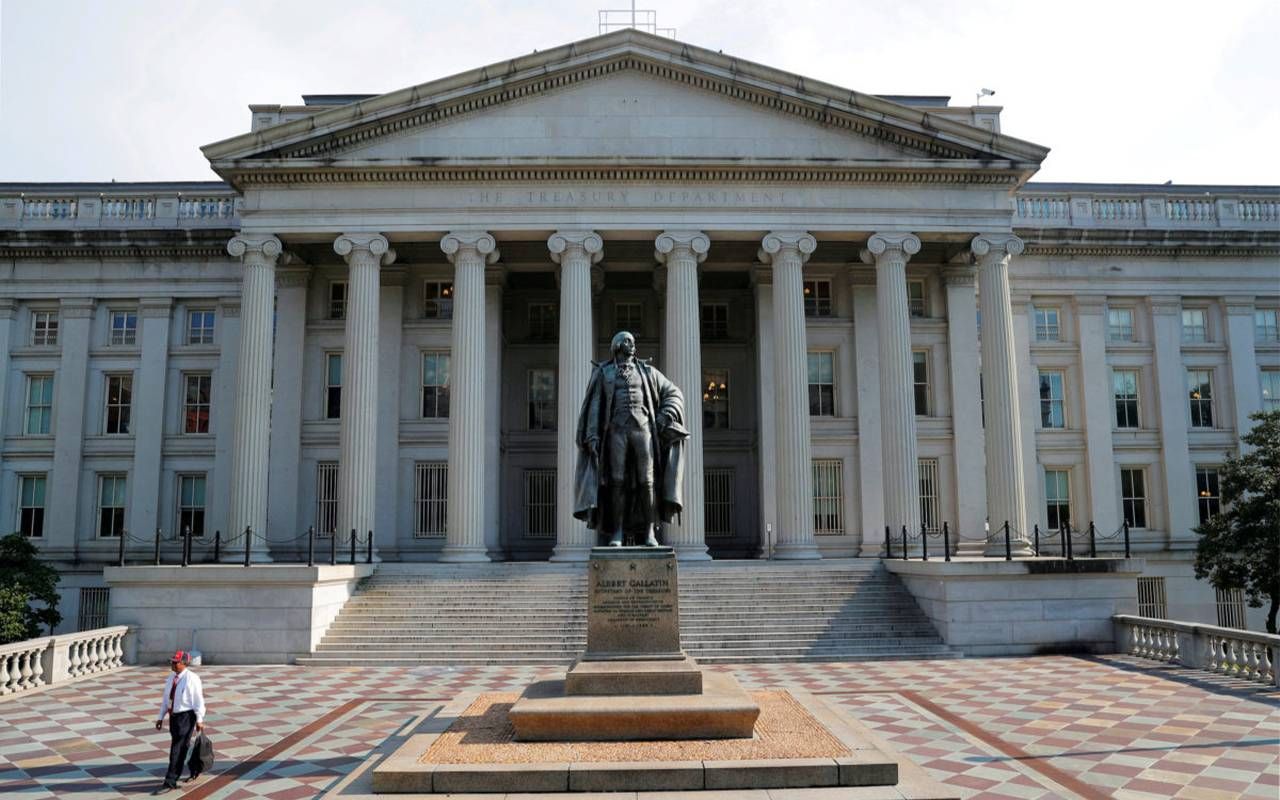Will the Debt Ceiling Stop Social Security Benefits?
Government officials are not sure which payments they can make if federal spending hits a Congressional cap next week
If Congress fails to raise the federal debt ceiling and the Treasury is not able to borrow, will Social Security continue paying benefits?
Probably, but payments may be late.

Congress has capped the national debt at $31.4 trillion and forbidden federal agencies to borrow beyond that limit. Treasury Secretary Janet Yellen said the government has stayed open and under the cap by redeeming some investments in one federal pension plan and postponing reinvestments in others.
But she warned that these maneuvers will work only temporarily and could be exhausted as soon as June 1. In that case, the United States would have to choose which obligations to pay and which to delay; this includes bills from contractors, paychecks for employees, interest on Treasury debt — and benefits to the 71 million Americans who qualify for monthly Social Security or Supplemental Security Income benefits totaling $113 billion.
"A default on our debt would produce an economic and financial catastrophe."
The Consequences
The consequences, Yellen said, would be severe and far-reaching.
"A default on our debt would produce an economic and financial catastrophe," she said in a speech April 25 in California. "Many (Americans) could ultimately lose their jobs Household payments on mortgages, auto loans and credit cards would rise. American businesses would see credit markets deteriorate. On top of that, it's unlikely the federal government would be able to issue payments to millions of Americans, including our military families and seniors who rely on Social Security."
Failing to pay any of its obligations on time would be an unprecedented event in modern history for the U.S. Economists concur that it would probably raise interest rates and disrupt capital markets, which rely on U.S. Treasury debt as a risk-free benchmark for setting prices of all stocks and bonds.
If the debt ceiling is not lifted and the Treasury is unable to borrow, it could pay some obligations with money it doesn't borrow, such as the steady stream of tax revenue withheld from paychecks.
But those revenue sources covered only 72% of spending in fiscal year 2022, which ended last September.
If those ratios remain the same this year, the Treasury could choose to pay only 72% of what it owes to creditors — including Social Security recipients — until Congress and the White House resolve the debt ceiling standoff. Or the Treasury could pay creditors in full as money became available, which would entail delaying payments, including Social Security benefits.
Reducing or postponing Social Security benefits, even temporarily, would be an extreme hardship for the 25% of Americans aged 65 or over for whom the monthly payments provide at least 90% of their family income. It also would be painful for another 25% of Americans for whom Social Security provides at least half of their income.
The Treasury will need to consider drastic alternatives, such as paying less than the full amounts owed or delaying some payments in order to pay others on time and in full.
You might think Social Security would be insulated from the debt-ceiling fight because the federal government levies a separate payroll tax — authorized by the Federal Insurance Contributions Act, or FICA — to pay benefits. But since Social Security is a pay-as-you-go program, with today's workers supporting today's retirees, FICA taxes are deposited in the government's general fund.
Since tax revenue does not cover all spending; the rest has always come from borrowing. As a result, Washington has accumulated $31.46 trillion in debt over the years — adding $10 trillion in the last decade alone. That alarms many members of Congress, some of whom have pledged to oppose raising the debt ceiling until annual federal spending is significantly reduced.
Economists had expected the Treasury to sell bonds and short-term securities to cover this year's shortfall, as usual. Since Congress has forbidden it to do so, the Treasury will need to consider drastic alternatives, such as paying less than the full amounts owed or delaying some payments in order to pay others on time and in full.
"Whether it's defaulting on interest payments that are due on the debt or payments due for Social Security recipients or to Medicare providers, we would simply not have enough cash to meet all of our obligations," Yellen said on ABC's "This Week" last Sunday.
If missing, partial and delayed payments become necessary, they would be made good when Congress and the White House strike a debt-limit deal.


